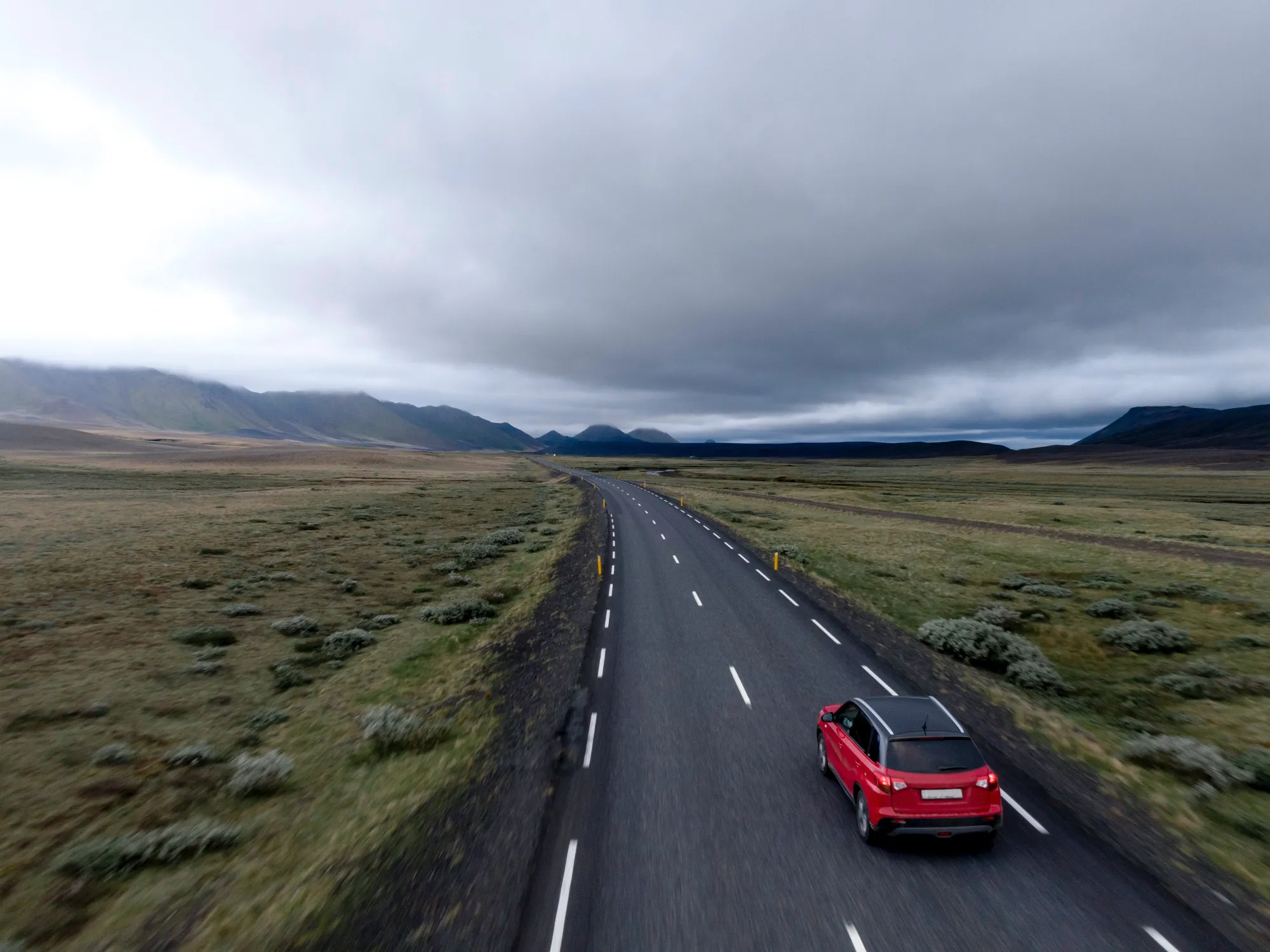
Private Tours
Our family-owned business has decades of experience in the field. We take pride in offering a comfortable and personalized service with first-class vehicles, professional drivers, and guides.
If you are looking for group tours we also partner with some great tour companies in Iceland that offer a variety of tours.
Start planning your trip with a little help from your Friend in Iceland!
Why Travel With Us?
Comfortable Vehicles
Our comfortable first-class vehicles offer modern amenities allowing you to sit back and enjoy the scenic landscape in comfort and safety.
Hidden Places
With years of experience in the field and extensive knowledge of our country, we will take you to Iceland’s most beautiful lesser known areas and we always try to avoid crowds.
Unique Experiences
We promise you a customized tour tailored to your needs and a highly personalized service with guaranteed expertise, ensuring you a “one-of-a-kind” travel experience.
Reviews
Rent a car
Are you eager to experience Iceland on your own terms? Embark on an unforgettable road trip that caters to your unique preferences?
Look no further! Rent a versatile vehicle from us, empowering you to embark on any adventure you desire.
